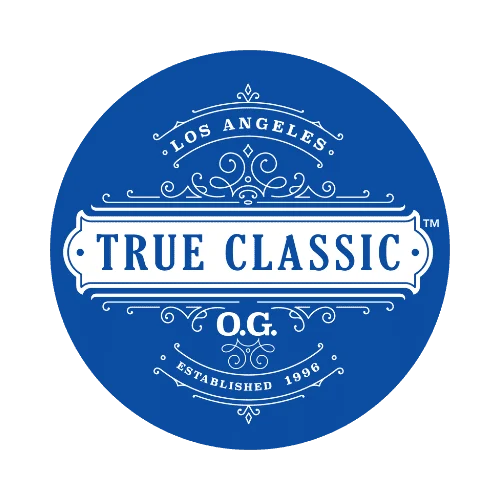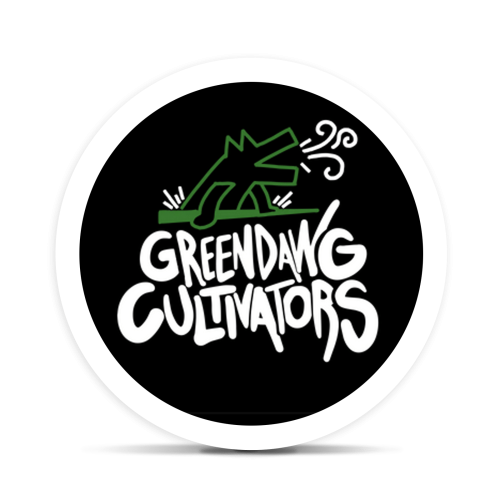The cannabis industry has been awash in controversy for the better part of three months ever since the LA Times published an article detailing a laundry list of companies whose products tested positive for illegal and dangerous pesticides.
Conversation surrounding the pesticide issue has been nonstop since the article came out. From executives of the companies named on the list, to budtenders, to journalists, everyone seems to have weighed in on the pesticide issue.
Frankly, this is nothing new. Cannabis grown in large monocrops is particularly vulnerable to pests like russet mites, aphids, thrips and so on, not unlike commercial fruits and vegetables, meaning commercial farms almost always have to use some sort of pesticide. This issue was
presumably much more pronounced during the days of prohibition, before lab testing was required. However, one of the main points the California Department of Cannabis Control has spent millions to advocate for is that “legal weed is safe weed.”
This does not appear to be the case, however, as 25 of 42 distillate vapes independently tested by the LA Times showed concentrations of pesticides beyond state regulations, including pesticides California labs do not currently test for and pesticides not legally sold in the United States. This is not, however, a representative sample because if a product tested dirty the LA Times continued to test the same brand whereas if a brand tested clean they moved on.
Some of the companies named on the list outright denied ever allowing pesticide-ridden products onto California shelves, blaming chain-of-custody, the DCC, the labs or the journalists involved in producing the article. Rather than join in the he-said, she-said, Elliot Lewis, CEO of Catalyst, opted to take matters into his own hands by implementing new policies for products sold in Catalyst retail locations. As the owner of one of the state’s largest cannabis retail chains, he is in a key position to curtail bad business practices by refusing to sell products that don’t meet a certain standard of safety.
At first, Lewis began pulling random products off of Catalyst shelves and independently testing them for pesticides. Many of them tested positive for harmful substances, the most prevalent of which was pymetrozine sold under the brand name Endeavor. Pymetrozine is classified by the
EPA as a likely carcinogen due to studies in which exposure to pymetrozine caused liver tumors in rodents. Canada has already banned it for use on vegetables but the CA DCC does not currently require cannabis products to undergo testing for it.
Pymetrozine use is less of an issue with cannabis flower because low levels of exposure are generally thought to carry a minimal risk for causing health issues. However, distillate is a concentrate, meaning even trace levels of pymetrozine used on the flower can pose serious health risks when processed and concentrated into vape pens.
“The EPA has classified pymetrozine as a “likely” human carcinogen because tumors occurred in two species (rat and mouse), in two sexes (mouse), and in two types (liver benign hepatoma and/or carcinoma),” an EPA fact sheet on pymetrozine said. “Because of the limited sites, low use rates, and low exposure, the risks to humans is below the level of concern.”
Another issue with distillate specifically is that material used to make distillate primarily comes from a handful of mega-farms and the material is often mixed, making it hard to track exactly which farms are using pymetrozine using the state-mandated METRC system. By Catalyst’s own testing statistics, about 24% of distillate vapes currently on the market contain harmful levels of pymetrozine.
To address this issue, Catalyst will also be using a new classification known as “Category 4” beginning with distillate vapes to signal to consumers that a product has passed more rigorous testing than is currently required by the state. By teaming up with Infinite Labs, Catalyst has created a substantially larger list of pesticides to test for than the state currently requires. California requires testing for 66 different pesticides, but the Category 4 certification will require random testing for 380 pesticides, 15 of which Infinite Labs has identified as being used in an alarming number of products, likely in an effort to skirt state testing protocols and salvage bug-infested cannabis material.
Catalyst aims to change that trend using the Category 4 certification, which will be implemented in October 2024 using an easily-identifiable sticker placed on the packaging of products sold by companies who have agreed to be subject to random testing using Infinite Labs expanded testing panel.
“Patients over profit, we’re trying to make vapes great again,” Lewis said in an Instagram post with the owner of Turn showing them slapping the new Category 4 stickers onto Turn vape packages.
In addition to the Category 4 certification, Lewis will be creating a program called Ecco, which will be an agreement amongst cannabis brands, retailers and testing labs to use and advocate for the Category 4 certification. This will begin the process of phasing out brands who actively
try to push tainted product, thereby giving shelf space to products that are compliant with Category 4 and certifiably clean by the most rigorous standard available for cannabis products in the United States.
The truth is, cannabis has been plagued by the pesticide issue for decades. After all, it was much easier to spray toxic chemicals onto the plants before cannabis was legalized and lab testing was a requirement. Despite the leaps and bounds we have made with regard to cannabis legality, we still have a long way to go before the consumer can feel completely safe shopping in California dispensaries. Catalyst has opted to do something about this rather than wait for the DCC to update or change its lab testing regulations.
When asked if the information brought to light by the LA Times concerning pesticide concentrations had any impact on what the DCC was doing with regard to labs, the DCC succinctly responded: “No.”
All of this being said, a lot of talk has circulated around this issue about black market products. Some people believe them to be safer than products found in dispensaries. By Lewis’ own testing, black market products overwhelmingly tested positive for dangerous pesticides far more often than legal products. The sad reality is most small farms operating in the traditional market went out of business after legalization and a large swath of the products remaining on the black market are back-doored batches from legal companies that did not pass testing. Rather than take the financial hit, these companies opted to sell them illegally. This is not true for every bag of bud sold illegally, but unless you know the grower personally and are aware of everything that grower is using on his plants, the safer bet is to buy your weed from a legal dispensary. The regulations aren’t perfect, but the idea that illegal weed is somehow safer simply is not true.
Not for nothing, but the safest bet come October will be to buy legal products with a Category 4 sticker on the packaging from a legal dispensary, or a dispensary in the Ecco program as soon as it gets implemented.
By Patrick Maravelias
























